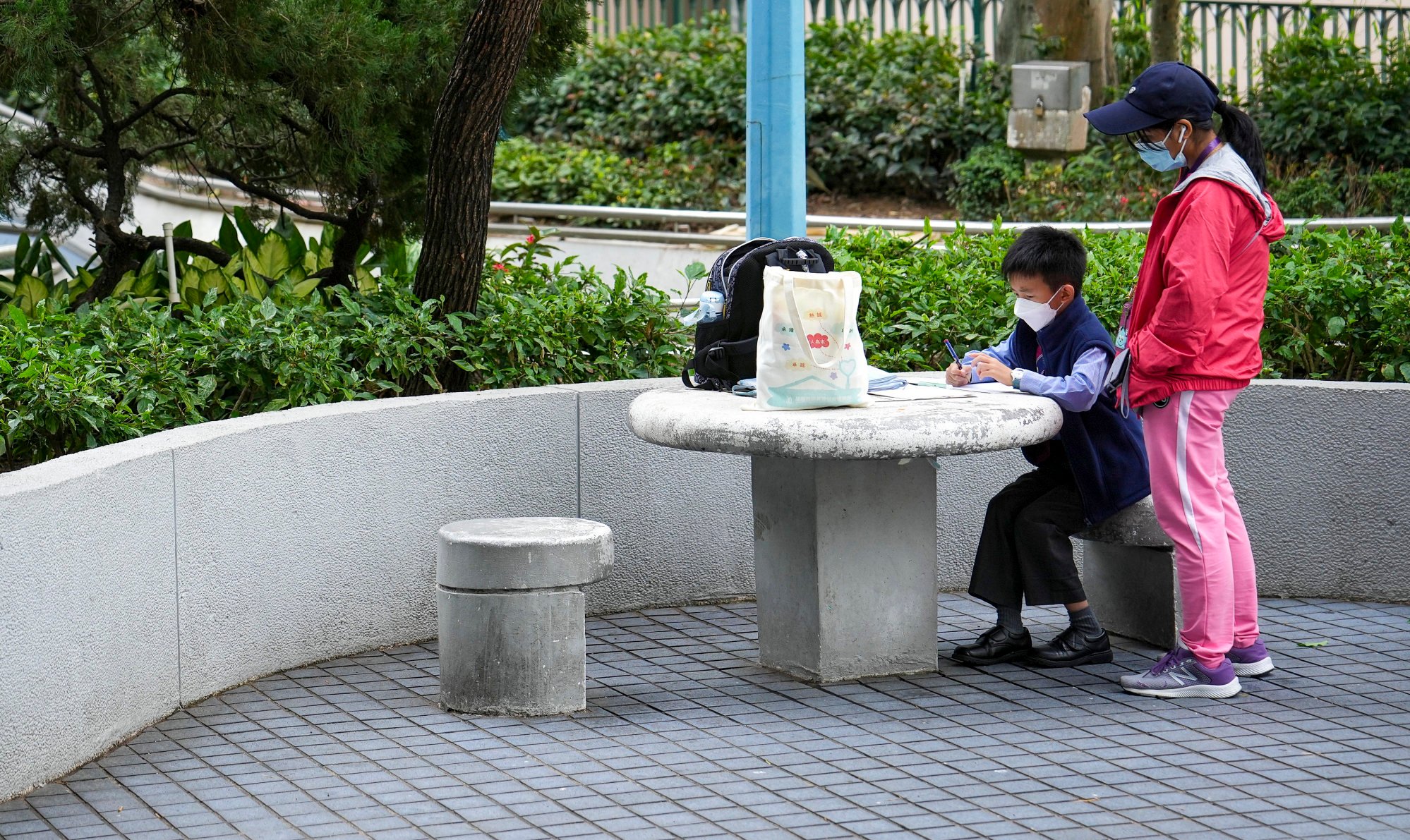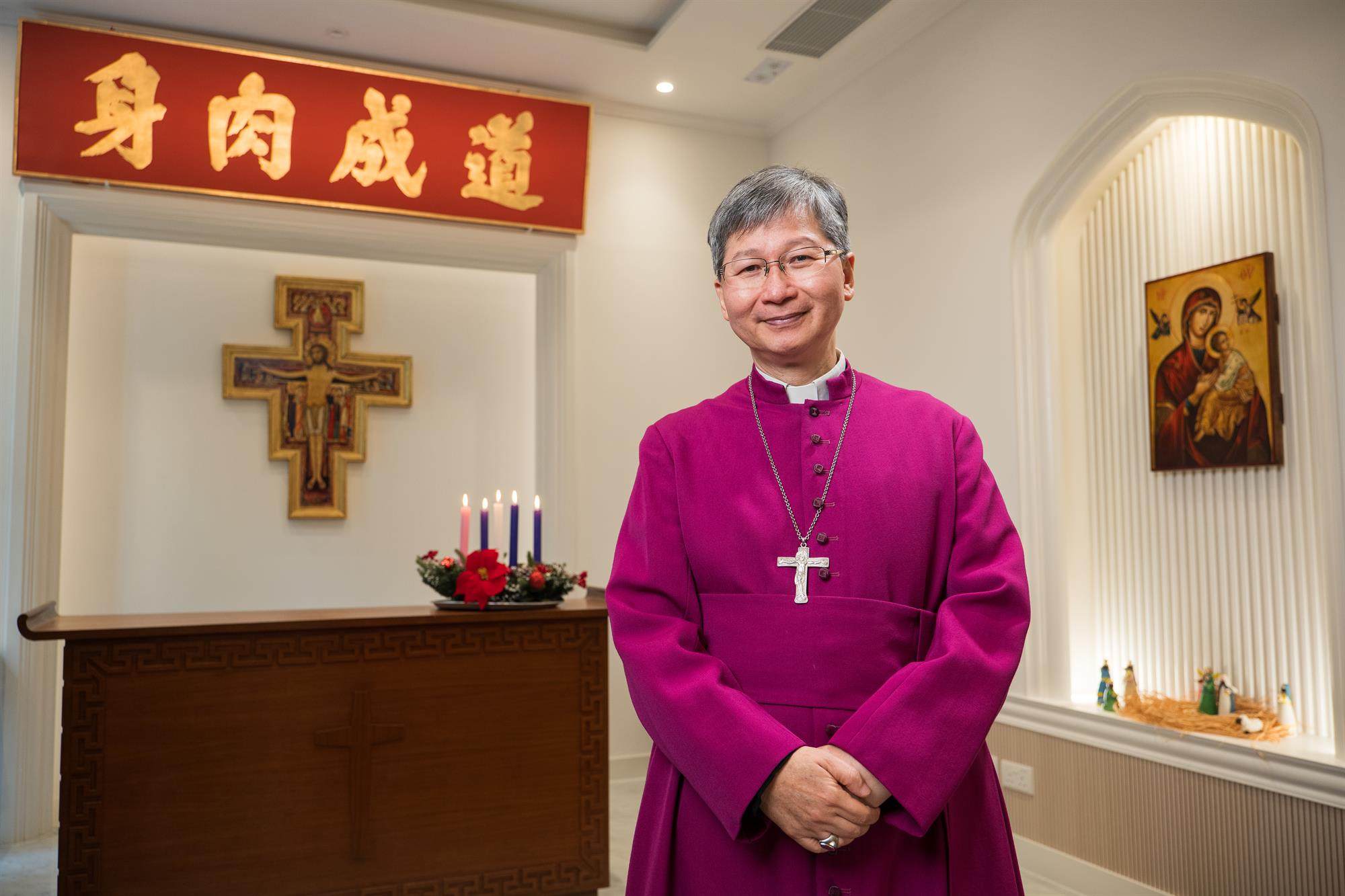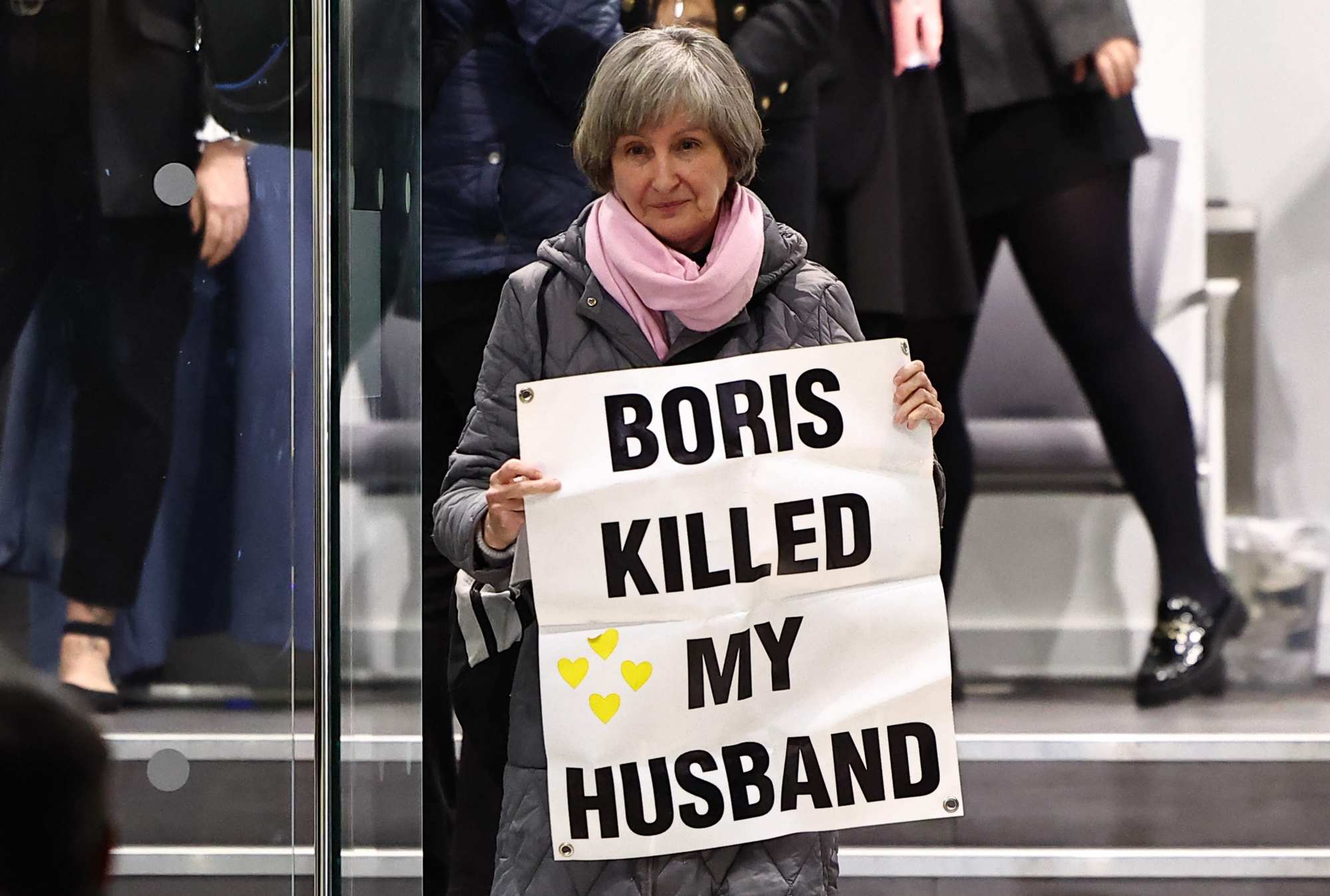
Hong Kong youth need an empathetic and forgiving society to flourish
- The three-tier system meant to address the rise in student suicides and provide mental health support will have limited effect if it ignores underlying causes
- Hong Kong must foster an inclusive, empathetic and forgiving attitude to retain residents, attract new talent and ease the burden of our struggling youth

Also, part of the school curriculum is unrealistically difficult. It has made school time a demoralising experience for many, especially those who are not academically gifted.
Archbishop Chan appeals to us to learn to forgive and to bring the gift of reconciliation to our society. The situation of those who were arrested over the 2019 social unrest remains a matter of great concern in the city.

I visited one young offender serving a sentence in a correctional centre. During the first 12 months of their 50-month sentence, they said they learned their lesson and vowed not to repeat their mistakes. However, they still have to serve at least another two years before discharge, even with good behaviour.

Forgiveness can be difficult, but we can at least strive to learn from our mistakes and move forward. We have encountered young people who have been released and simply want to move on with their lives and become productive individuals again. Demonstrating our willingness to give these young people a second chance would be highly beneficial.
We need to foster an inclusive, empathetic and forgiving attitude to retain residents and attract new people. We need to propel the city to new heights with the right measures. Those in positions of authority should lead by example, supporting our youth and protecting the vulnerable.
The Christmas season is a time to share. Caring is sharing, and every one of us should participate in this meaningful work.
Paul Yip is the director of Hong Kong Jockey Club Centre for Suicide Research and Prevention and chair professor (population health) in the Department of Social Work and Social Administration at the University of Hong Kong

